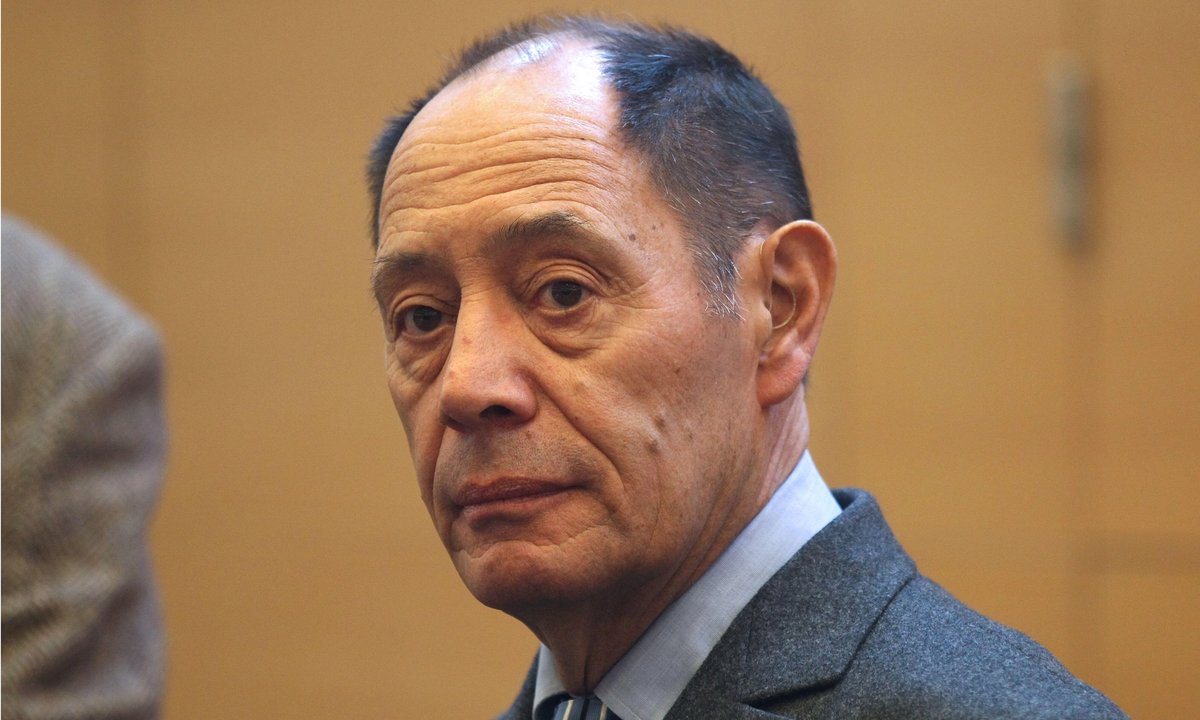Claude Ruiz Picasso, Pablo Picasso's Son and Estate Manager, Passes Away
Belangrijkste concepten
Claude Ruiz Picasso played a crucial role in managing his father's estate and preserving Pablo Picasso's artistic legacy through legal battles and exhibitions.
Samenvatting
Claude Ruiz Picasso, the youngest son of Pablo Picasso, passed away at 76. He managed the Picasso estate, organized exhibitions to celebrate his father's work, and was involved in legal battles to protect the artist's legacy. Claude's relationship with his father was complex, marked by legal disputes over inheritance. The Picasso estate remains valuable, facing challenges like forgery and illegal reproduction. Claude was also an artist himself before taking on the role of managing the estate.
Samenvatting aanpassen
Herschrijven met AI
Citaten genereren
Bron vertalen
Naar een andere taal
Mindmap genereren
vanuit de broninhoud
Bron bekijken
www.theartnewspaper.com
Claude Ruiz Picasso, the artist’s son and manager of the Picasso estate, has died
Statistieken
Claude handed over the management of the estate in July.
The estate contains around 45,000 pieces.
At the time of Pablo Picasso’s death in 1973, the estate was estimated to be worth £650m.
Citaten
"In the copyright and trademark sectors, the Picasso estate has often set legal precedents in terms of its willingness to pursue legal action against counterfeit."
"Within the mythology of Pablo Picasso’s life, Gilot is often referred to as the only woman that left him."
Belangrijkste Inzichten Gedestilleerd Uit
by om www.theartnewspaper.com 08-25-2023
https://www.theartnewspaper.com/2023/08/25/claude-ruiz-picasso-the-artists-son-and-manager-of-the-picasso-estate-has-died
Diepere vragen
How has Claude Ruiz Picasso's passing impacted the management of Pablo Picasso's estate?
Claude Ruiz Picasso's passing has shifted the management of Pablo Picasso's estate to his younger sister, Paloma Ruiz Picasso. As the long-term manager and holder of the Picasso copyright, Claude played a crucial role in overseeing the estate and organizing significant exhibitions to commemorate his father's work. His passing means that there will be a transition in leadership within the estate, potentially bringing new perspectives and approaches to managing one of the most valuable art collections in the world.
What implications do legal battles over art legacies have on future generations?
Legal battles over art legacies can have far-reaching implications for future generations. These disputes not only impact how an artist's work is managed and distributed but also influence how their legacy is perceived by society. The outcomes of these legal battles can set precedents for copyright protection, authenticity verification, and inheritance rights within the art world. Additionally, they can shape family dynamics and relationships among heirs, affecting how artists are remembered and celebrated by future generations.
How does personal history influence an artist's legacy?
An artist’s personal history plays a significant role in shaping their legacy. Personal experiences, relationships, struggles, and triumphs all contribute to an artist’s body of work and public perception. For example, Pablo Picasso’s tumultuous relationships with his children influenced their roles within his estate after his death. Similarly, Françoise Gilot’s memoir detailing her life with Picasso shed light on aspects of his character that may have otherwise been unknown or overlooked. Understanding an artist’s personal history provides insight into their motivations, inspirations, and artistic development – ultimately influencing how their work is interpreted and valued by audiences throughout history.
0
